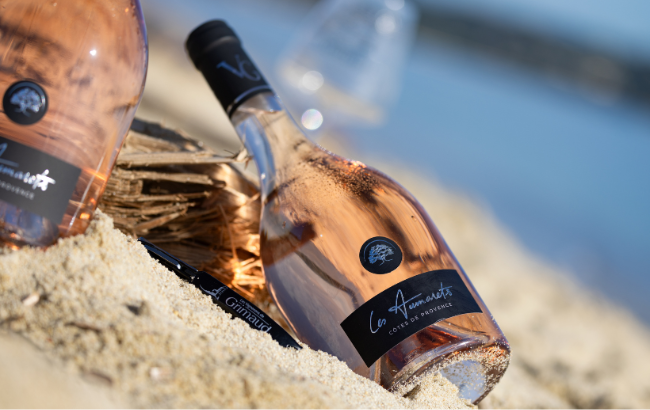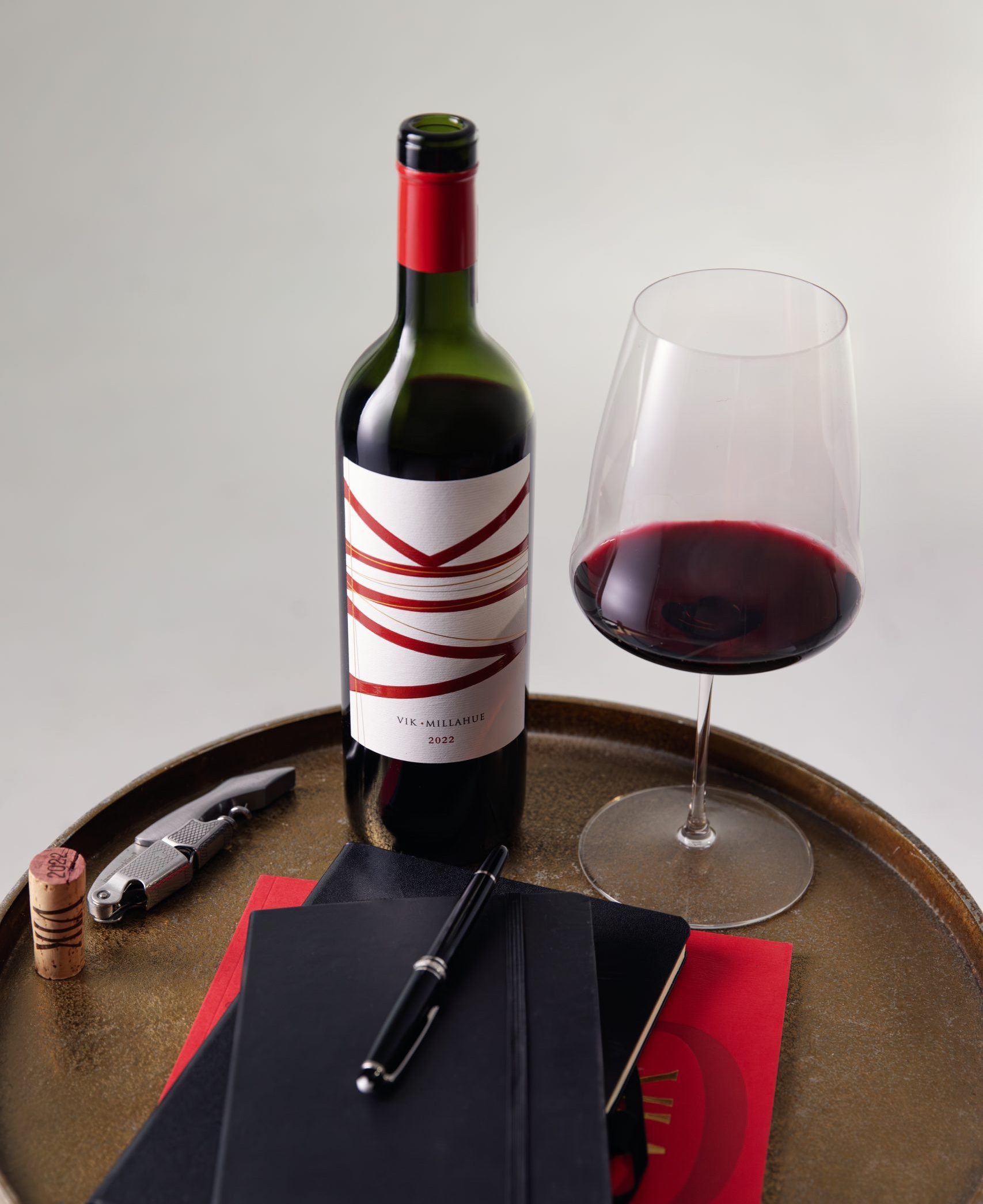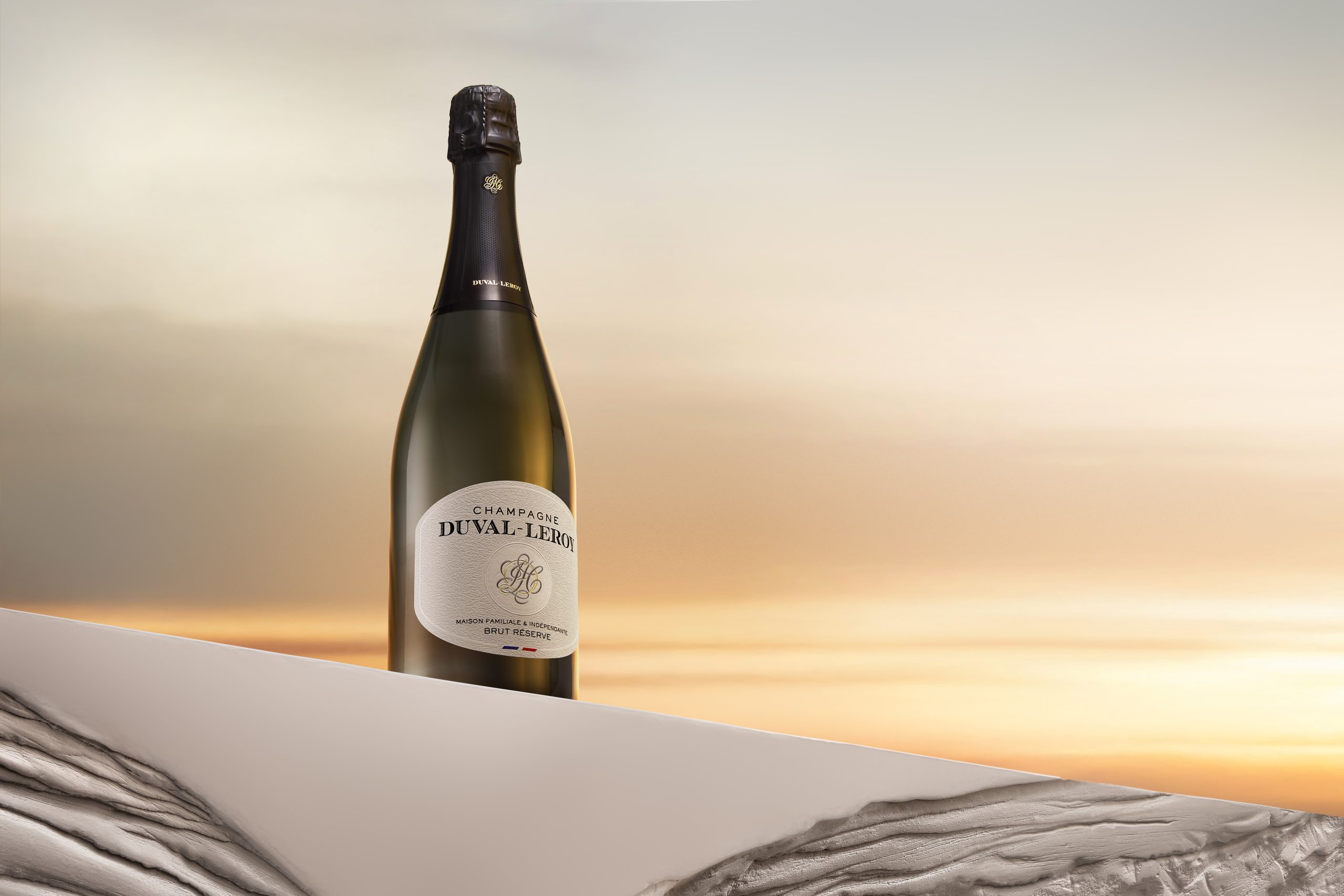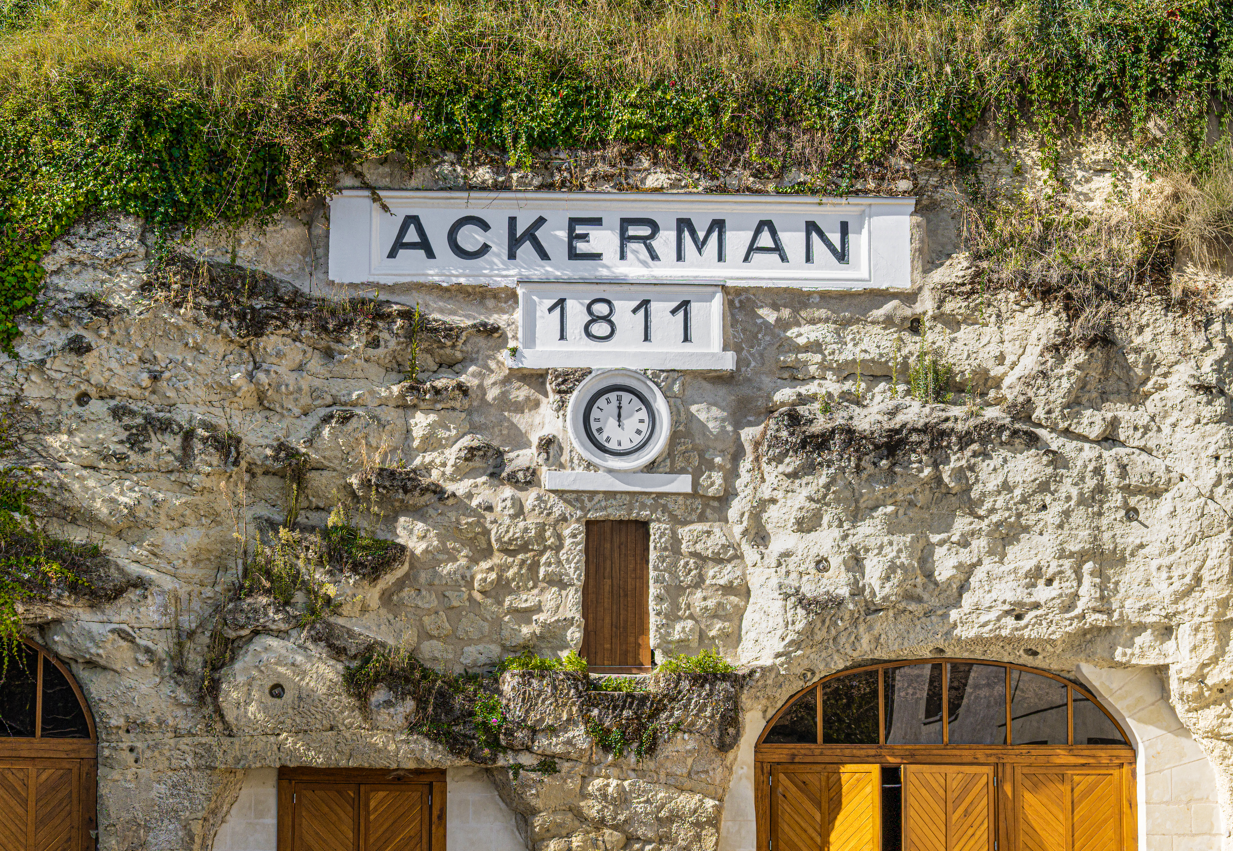Australian Vintage on track to deliver profits despite declines in McGuigan
Aussie wine giant Australian Vintage says it is “on track” to deliver a net profit of $16.7 million this year as it reported figures from the first half of this financial year – despite an 11% decline in its flagship McGuigan brand.

Australian Vintage chief executive Craig Garvin said the result was in line with expectations, and the company had continued to grow its market share.
“We have taken price in all key geographies despite the challenging global environment and the increased competition in Zero in Australia and New Zealand (ANZ) region,” he said, adding that the company’s premiumisation strategy “is working” for Tempus Two, Nepenthe and the Barossa Valley Wine Company, which saw increases of 2%, 22% and 4% respectively.
However, McGuigan declined by 11%, which he said was “in line with post-Covid declines and our expectations.”
Total revenue of $137.1 million has remained “consistent”with the revenue achieved last year, Garvin said, and the reported net profit after tax was 29% higher than the previous year at $12.9 million, while the reported EBITDAS was 17% higher than last year at $28.3 million.
The company also incurred “significant inflationary costs” of $11 million it said, with sea freight delivering a margin of 29%. “Normalising for inflationary pressures and gross margin would have been 35%,” he said.
However the sale and leaseback of commercial vineyards Coldridge and Grande Junction had generated around 14.7 million in ATAX profit, as previously reported.
UK market challenges
Despite the industry-wide supply chain issues following Brexit, the UK market grew by 2 percentage points, the company said but price increases “were not enough to offset inflationary pressures”, it said. It also noted that the lead up to the year-end has been “unusual” as retailers had not stocked up on inventory as they had been wont to do in previous years. “[This] has led to a higher-than-expected inventory position. To this end an active inventory reduction program is underway to reduce our holdings in the UK,” the company said.
Meanwhile market share in the no-and-low category grew by around 44 percentage points, led by McGuigan Zero, the number one alcohol free still wine brand in the UK.
“We are well positioned for the introduction of the ABV tax in August with our release of a new range of McGuigan Mid and a brand new zero-alcohol range, called Not Guilty, hitting shelves in the second half,” it said.
Partner Content
Overall, it’s marketing spend on the no- and low sector increased by around $2.2 million during the last year, as part of its strategic plan to develop this strand of the business.
“Core to our strategic intent is being a global business where AVG will continue to invest in brands, despite inflationary pressures. Complimentary acquisitions are core to our strategic growth,” Garvin said.
Meanwhile elsewhere in Europe, Ireland had been “a stand-out performance for McGuigan” with growth in overall market share up 19 percentage points.
The picture was less flattering in Asia, where market share growth remained flat. There were however, increases in Tempus Two (+79%) and Barossa Valley Wine Company (+44%) which helped offset declines the 31% declines in McGuigan in the region. The core markets remain Taiwan, Malaysia and Singapore, however there were “encouraging signs” in China, it said .with a potential easing of the trade restrictions.
“AVG have adopted a be-ready position and are actively working with COFCO, our importer, to pursue potential opportunities when trade re-commences,” he said.
On the domestic market, McGuigan saw a decline in McGuigan of -25%, however this was offset by growth in its premium brands Nepenthe (+21%), Tempus Two (+4%,) and the Barossa Valley Wine Company (+2%). Its DTC channel, which had been badly hit during the pandemic, also delivered growth of +25%.
Related news
Pop the cork on Prosecco glory: enter The Prosecco Masters 2026
Five delicious white Riojas, one rosé and a sparkling
Winter calls for classic cocktails and warming serves at ECC Chinatown




